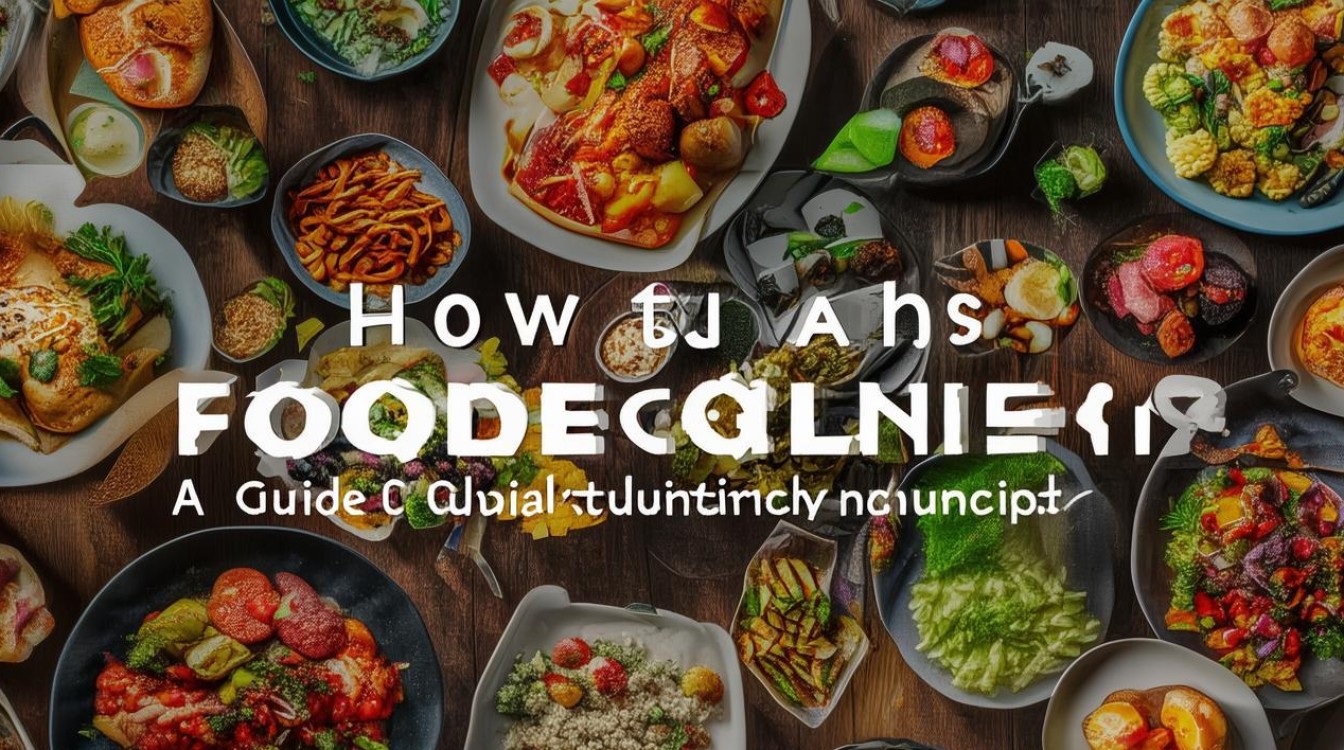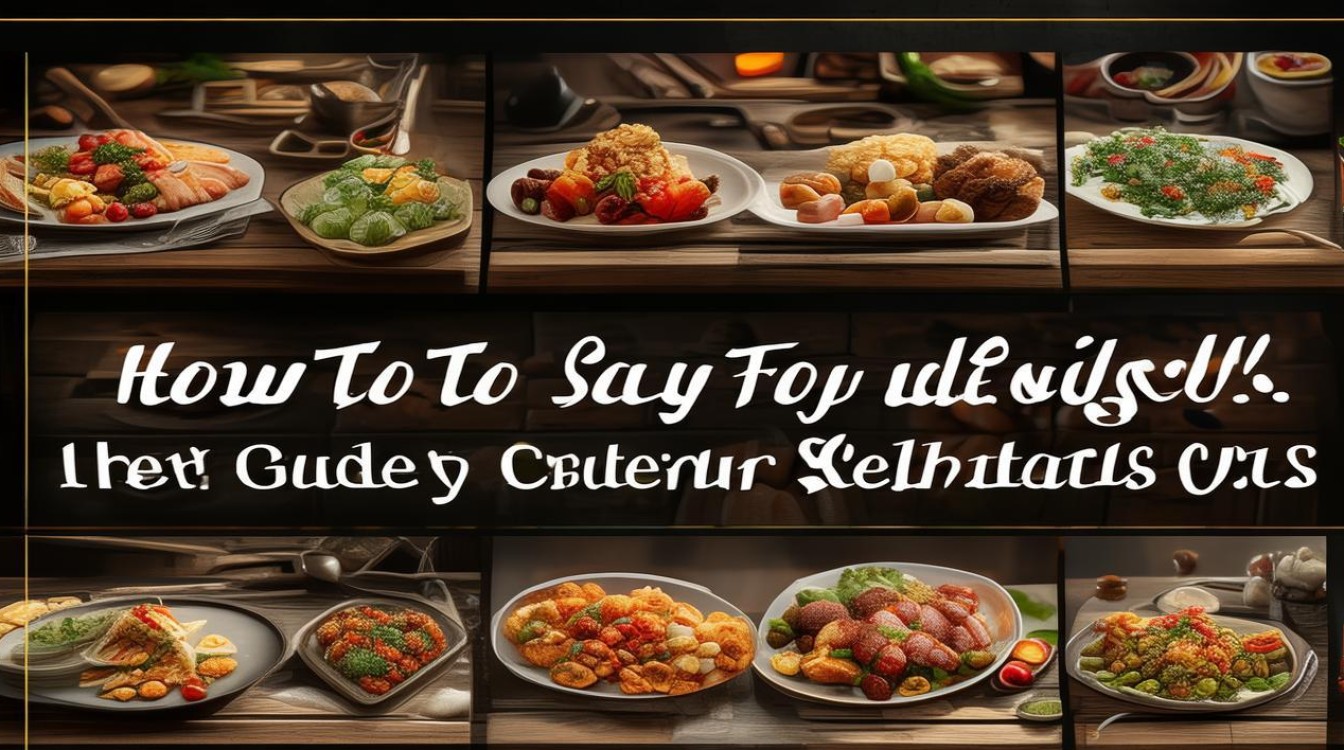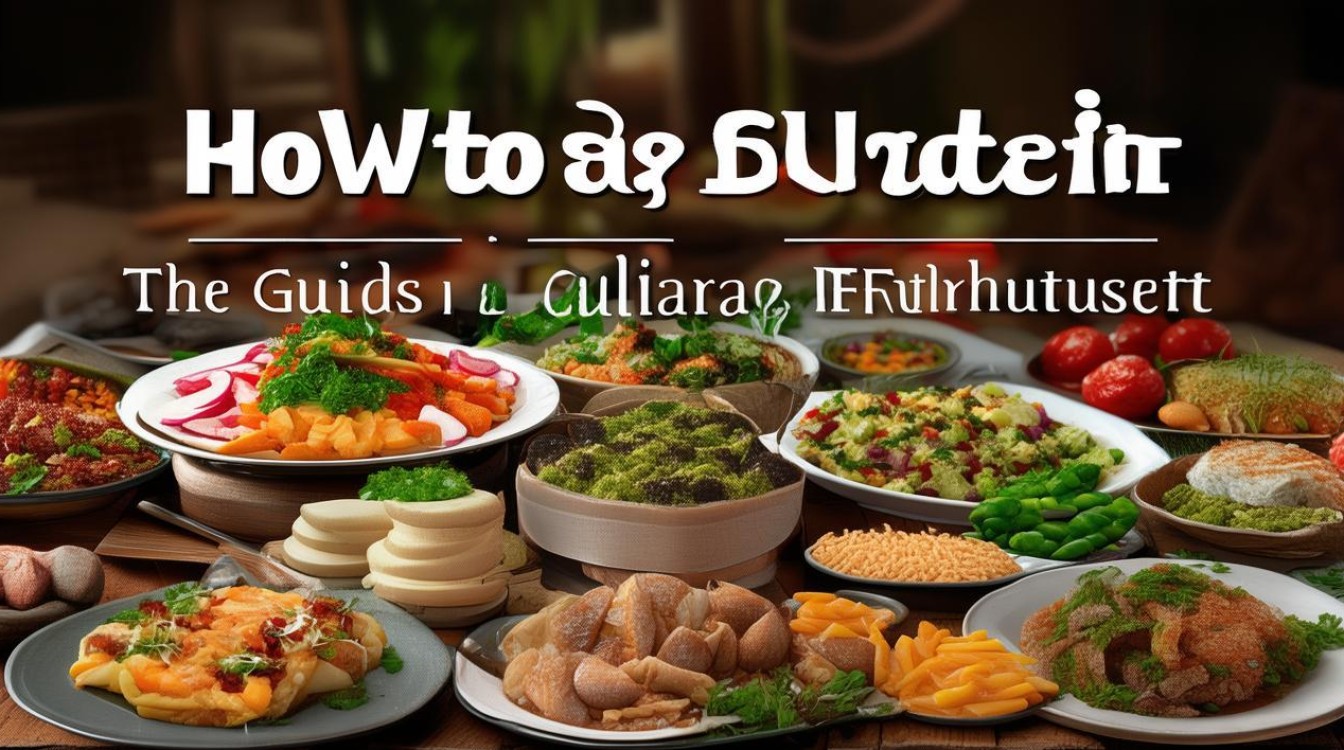The term "吃货" has become a popular way to describe someone who loves food, but how do you express this concept in English? While there isn't a direct one-word translation, several English words and phrases capture the essence of a passionate food lover. Let’s explore the best options and how to use them naturally.

Foodie
The most common equivalent of "吃货" is "foodie." This informal term refers to someone with a keen interest in food, whether it’s cooking, eating, or exploring new cuisines.
- Example: "She’s a real foodie—always posting restaurant reviews on Instagram."
Unlike "吃货," which can sometimes imply overeating, "foodie" leans more toward appreciation and knowledge. It’s widely recognized, making it a safe choice for most contexts.
Gourmet
A "gourmet" is someone with refined tastes, often associated with high-quality or exotic foods. While similar to "foodie," it suggests a more sophisticated palate.

- Example: "As a gourmet, he travels the world to try Michelin-starred dishes."
This term is ideal for describing someone who prioritizes quality over quantity, distinguishing it from casual food lovers.
Epicure
Derived from the ancient philosopher Epicurus, an "epicure" enjoys fine food and drink, emphasizing pleasure in dining. It’s a more literary term but fits well in formal writing.
- Example: "The banquet was designed for epicures, featuring rare truffles and aged wines."
Gastronome
A "gastronome" is an expert in gastronomy—the art and science of food. This word is less common but perfect for serious culinary enthusiasts.

- Example: "As a gastronome, she writes extensively about food chemistry and culture."
Other Informal Terms
For a playful tone, consider these alternatives:
- Chowhound: A slang term for someone who loves eating, often with a focus on finding the best spots.
- Glutton: While technically meaning someone who overeats, it’s sometimes used humorously among friends.
How to Use These Terms Naturally
Context matters. "Foodie" works in everyday conversation, while "gourmet" or "gastronome" suits professional or academic discussions. Avoid mixing them incorrectly—calling a casual eater a "gastronome" might sound odd.
Why These Words Matter
Understanding these terms helps bridge cultural gaps. For instance, calling yourself a "foodie" on social media instantly connects you with a global community of culinary fans. Meanwhile, "gourmet" or "epicure" can elevate your profile in food-related industries.

Common Mistakes to Avoid
- Don’t use "glutton" unless joking—it carries negative connotations.
- "Food lover" is generic but lacks the specificity of "foodie" or "gourmet."
Final Thoughts
Language reflects culture, and the way we talk about food reveals our relationship with it. Whether you’re a "foodie," "gourmet," or "epicure," the right term adds flavor to your identity. So next time you introduce yourself, pick the word that best suits your culinary passion—and enjoy the delicious journey ahead.



